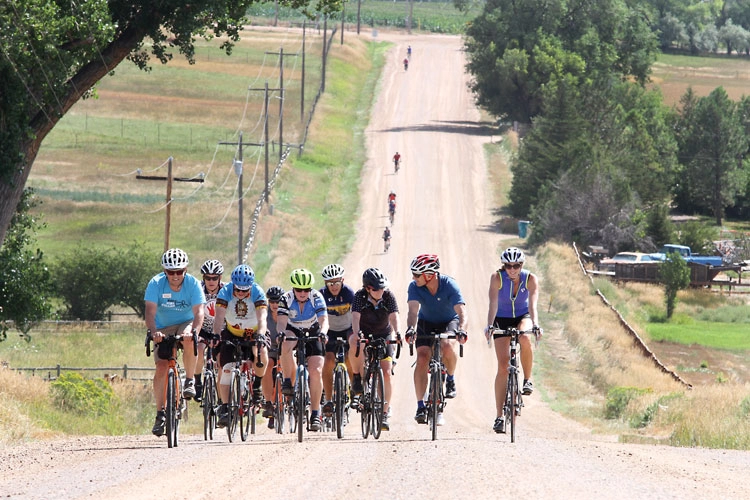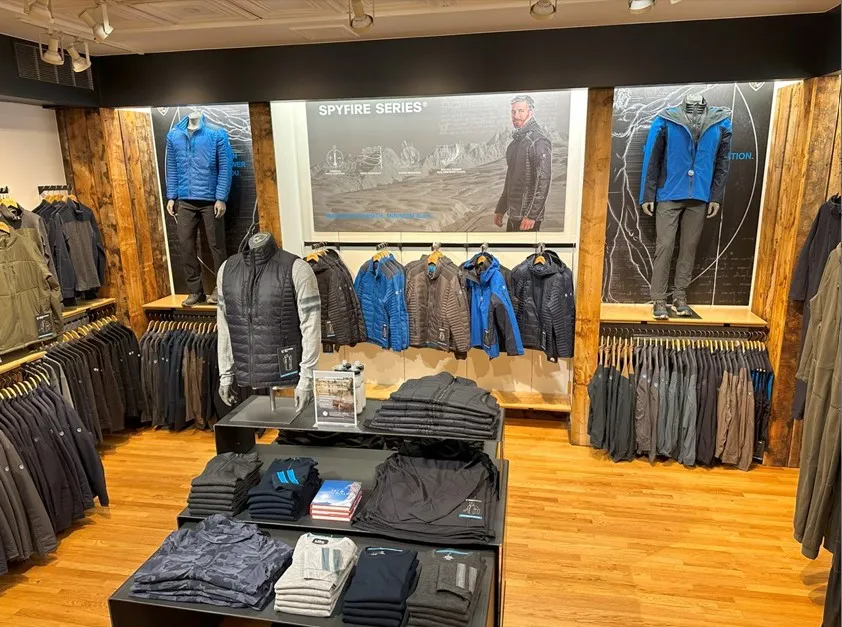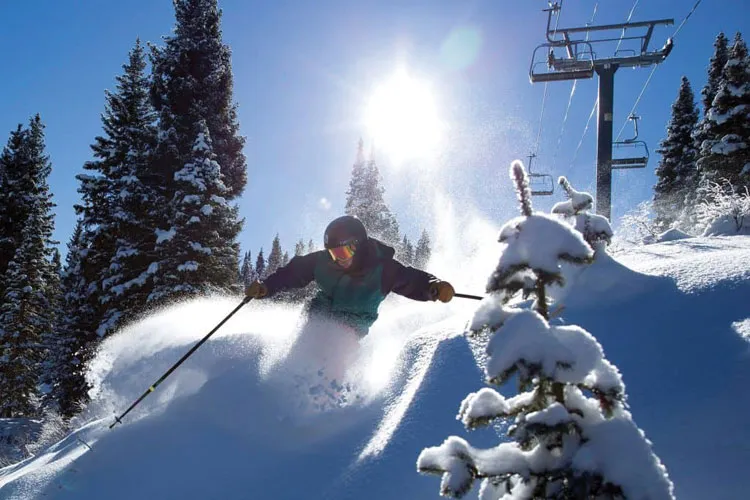Local biking organizations work to improve access

Biking is a way to have fun, get exercise, and, yes, save money — especially with gas prices at $5 a gallon.
It’s also a way to solve problems while building community through organizations like PeopleForBikes and Community Cycles in Boulder and Bike Fort Collins serving the Front Range.
“Biking is part of the solution for a lot of things. It’s a solution for climate change. It’s a solution for physical health, and it’s a solution for mental health,” said Jordan Trout, deputy marketing director of PeopleForBikes in Boulder. “It’s more than just a kid’s activity.”
Biking is used for all types of…
THIS ARTICLE IS FOR SUBSCRIBERS ONLY
Continue reading for less than $3 per week!
Get a month of award-winning local business news, trends and insights
Access award-winning content today!



